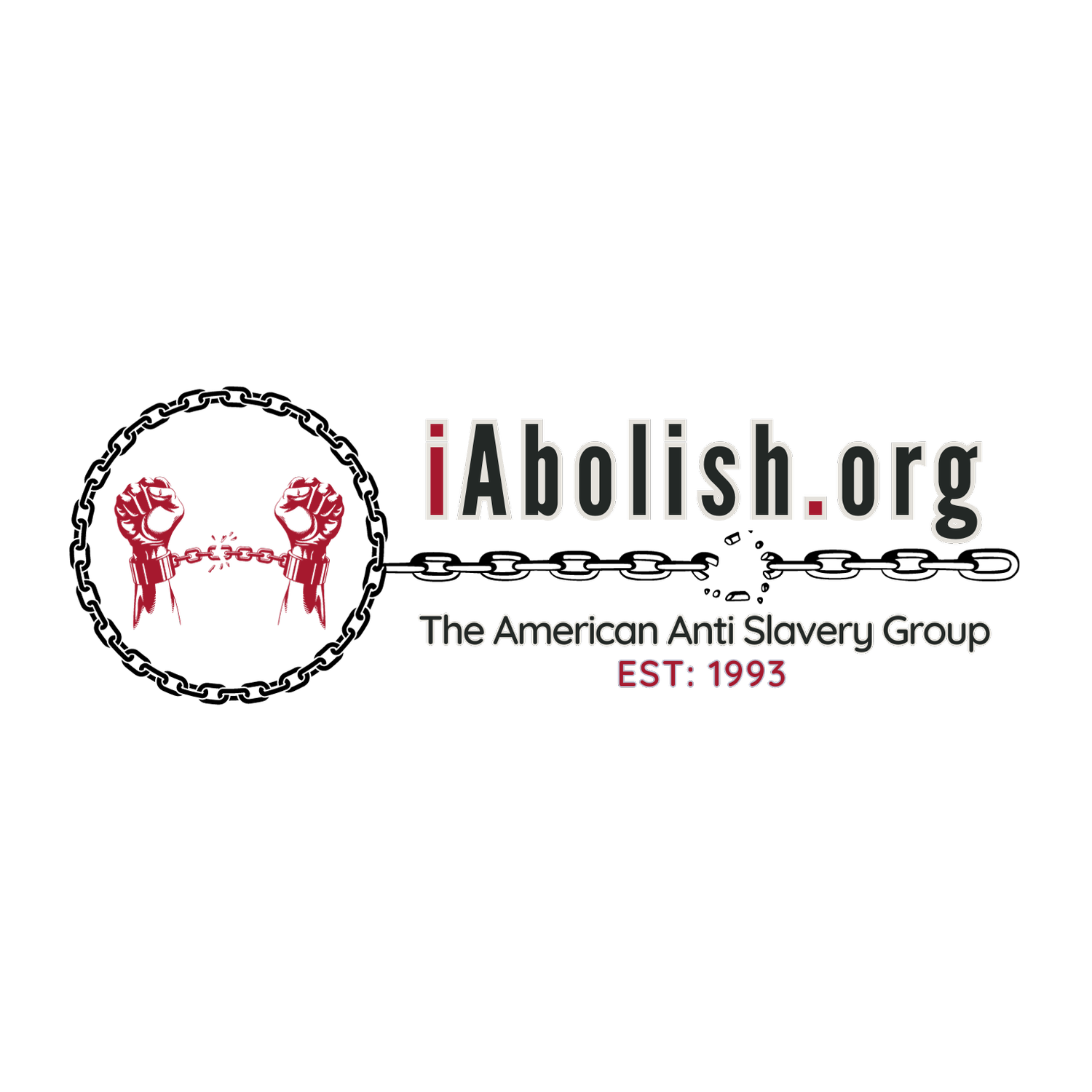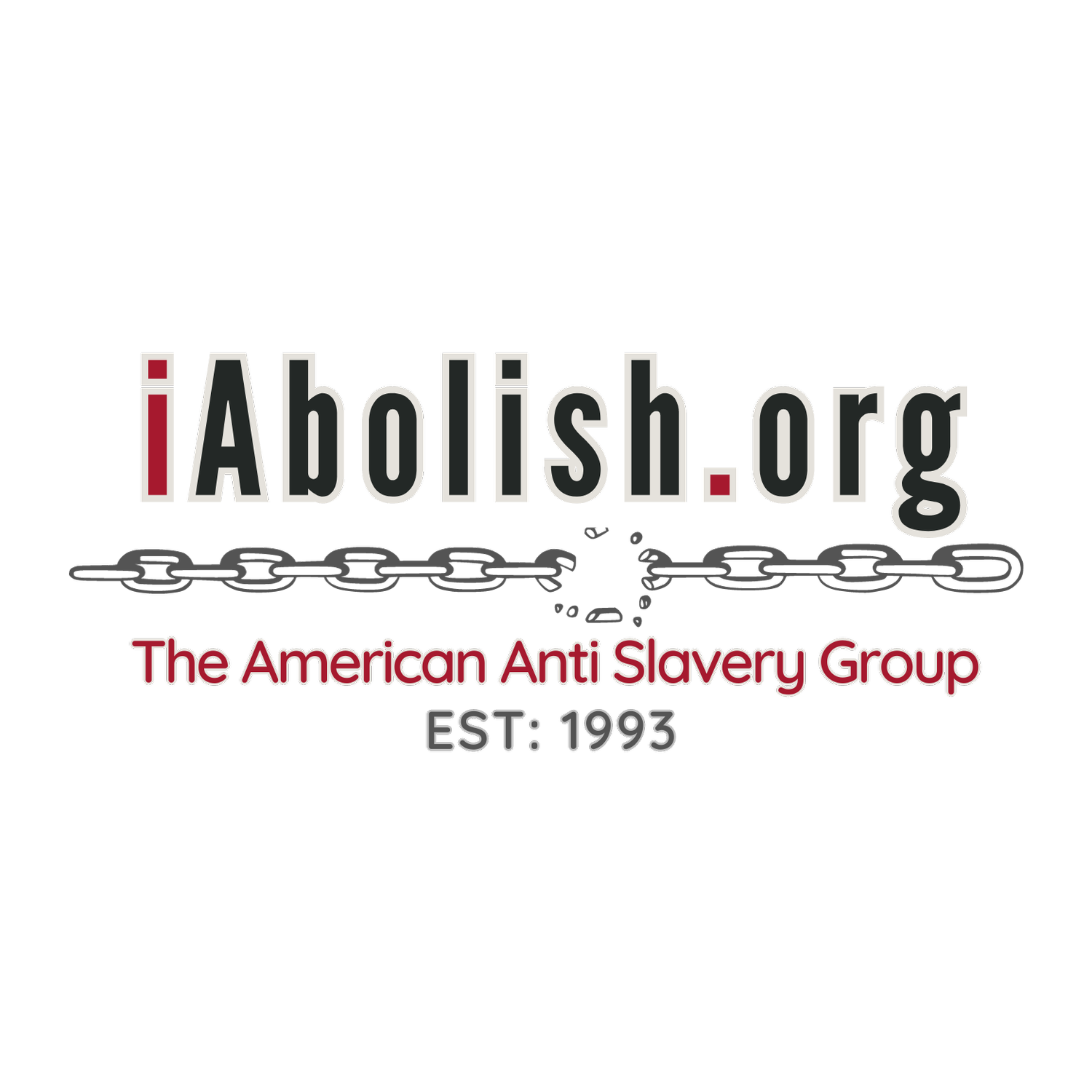Louis Farrakhan: Tormenting the Heart of Africa
Louis Farrakhan, leader of the Nation of Islam, holds up a copy of the Qur’an while speaking at a press conference at Mosque Maryam in Chicago during which he expressed support for the embattled late dictator of Libya, Muammar Qaddafi — March 31, 2011. (Scott Olson / Getty Images)
Steven Wöndu
Excerpted from The Sudan Democratic Gazette, March 1998 edition
These remarks will be limited to Farrakhan’s camaraderie with the slave traders of Sudan and his inexplicable betrayal of the black African people.
In the 1950s, African-American leaders like du Bois joined hands with African leaders like Kwame Nkrumah, Jomo Kenyatta, and Kamuzu Banda to struggle for the decolonization of mother Africa. The debris of the devastating battles for freedom has yet to be cleared. While Africa charged forward in the war of liberation, some pockets of domination were left behind. That is what the war in the Sudan is; the tail end of the war for the total liberation of the black continent.
Mr. Farrakhan is not unaware of these facts. In April 1994 during the Pan-African Conference in Uganda, he had several hours of discussion with the leader of the liberation movement in the Sudan, Dr. John Garang. Farrakhan heard and understood the predicament of the black man in Sudan. He even, quite admirably, told Garang that although he, Farrakhan, was a Moslem, he would side with his fellow black Africans on the issue of slavery and domination. This remark was applauded by our National Convention then in session in South Sudan. Unfortunately, we did not and could not give Farrakhan any dollars. In God we trusted. It was in that spirit of solidarity that I endeavored to make a courtesy call on Farrakhan’s closest aide Abdul Mohammed at his home in Accra in December 1995. Little did we know that our confidence was misplaced. We have since become Farrakhan’s stock in trade.
Each time Farrakhan goes on his annual world tour, which always includes Khartoum, he makes it a point to slur the struggling people of South Sudan. After the 1995/96 tour, he came back and mounted a vigorous campaign to deny reports that slavery was still endemic in the Sudan. Yet, that was the time when, due to our relative military weakness, government militia were raiding villages and taking women and children to slavery as if it were 1695. Human rights advocates and institutions have vigorously investigated and proven slavery in the Sudan. There are volumes of corroborative literature on current slavery in the Sudan recorded by journalists, human rights groups, and the United Nations. Khartoum says all this is “Zionist conspiracy.” They would say that, wouldn’t they? But why Farrakhan parrots them beats me silly.
Farrakhan even has the indecency to evoke his meeting with us as evidence of his authority on events in the Sudan. On several occasions, he reinforced his fraud by waving a sheet of paper that he claims is a letter from John Garang assuring him that there was no slavery in the Sudan. If such a letter existed, he would have paraded it a long time ago.
After his 1996/97 tour, he held a day-long rally in Chicago to celebrate the anniversary of the Million-Man March. Without any provocation at all, Farrakhan found it dutiful to pronounce that southern Sudanese, unlike himself and the rulers in Khartoum, were “very very, very, very dark.” True, but so what? What does one make of the psyche of a man like this? Here is an adult whose light skin is the product of a tragedy boasting about it. Wouldn’t we rather let our traumatized grandmothers rest in their miserable graves? I thought Malcolm X died preaching social color-blindness to Americans.
After the tour of 1997/98, Farrakhan told southern Sudanese that they should abandon their appetite for pork and beer in reverence to Islamic traditions and that we must convert to Islam. His remarks were an unscrupulous and dastardly way of telling us to surrender to his friends, the Moslem slave traders of Khartoum. In Islam, the word is “submit.” Well, Mr. Farrakhan, we are not going to surrender. We are going to fight until our people are free like you. What is in contest in Sudan is whether the “very, very, very dark” African Sudanese survive or perish. Sure, we are black and proud. History has no record of proud people submitting to cultural and physical genocide. Our ancestors have resisted your friends for centuries. Our generation is not going to betray the resolve of our people to be free regardless of what false kin like you are doing.
Download a PDF of this article. (Typing errors in the original text have been corrected.)


